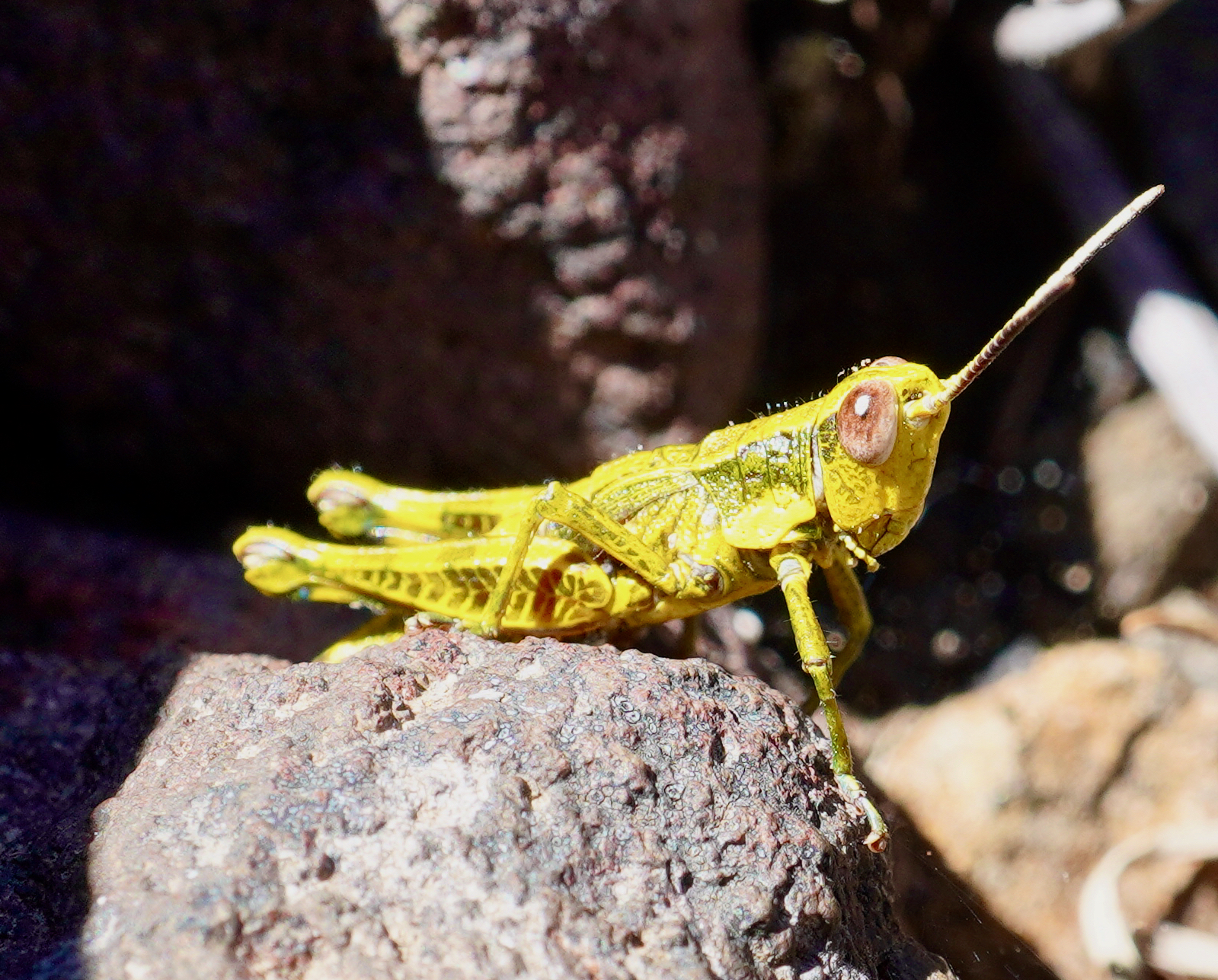Media release
From:
Expert Reaction
These comments have been collated by the Science Media Centre to provide a variety of expert perspectives on this issue. Feel free to use these quotes in your stories. Views expressed are the personal opinions of the experts named. They do not represent the views of the SMC or any other organisation unless specifically stated.
Professor Mary Morgan-Richards, Professor in Wildlife Evolution, Massey University, comments:
"There is just one alpine grasshopper species in North Island NZ: Sigaus piliferus [which comes in lots of lovely colours]. We show that this species has two ecotypes – a northern one with long legs that lives in more shrubland subalpine habitat, and a southern ecotype with shorter legs that lives in the alpine tussock habitat. The two ecotypes are likely to respond rather differently to global warming, but both will have reduced possible distributions. Conservation action should be prioritized for the ecotype in the Tararua Ranges before this population goes extinct."



 New Zealand
New Zealand



